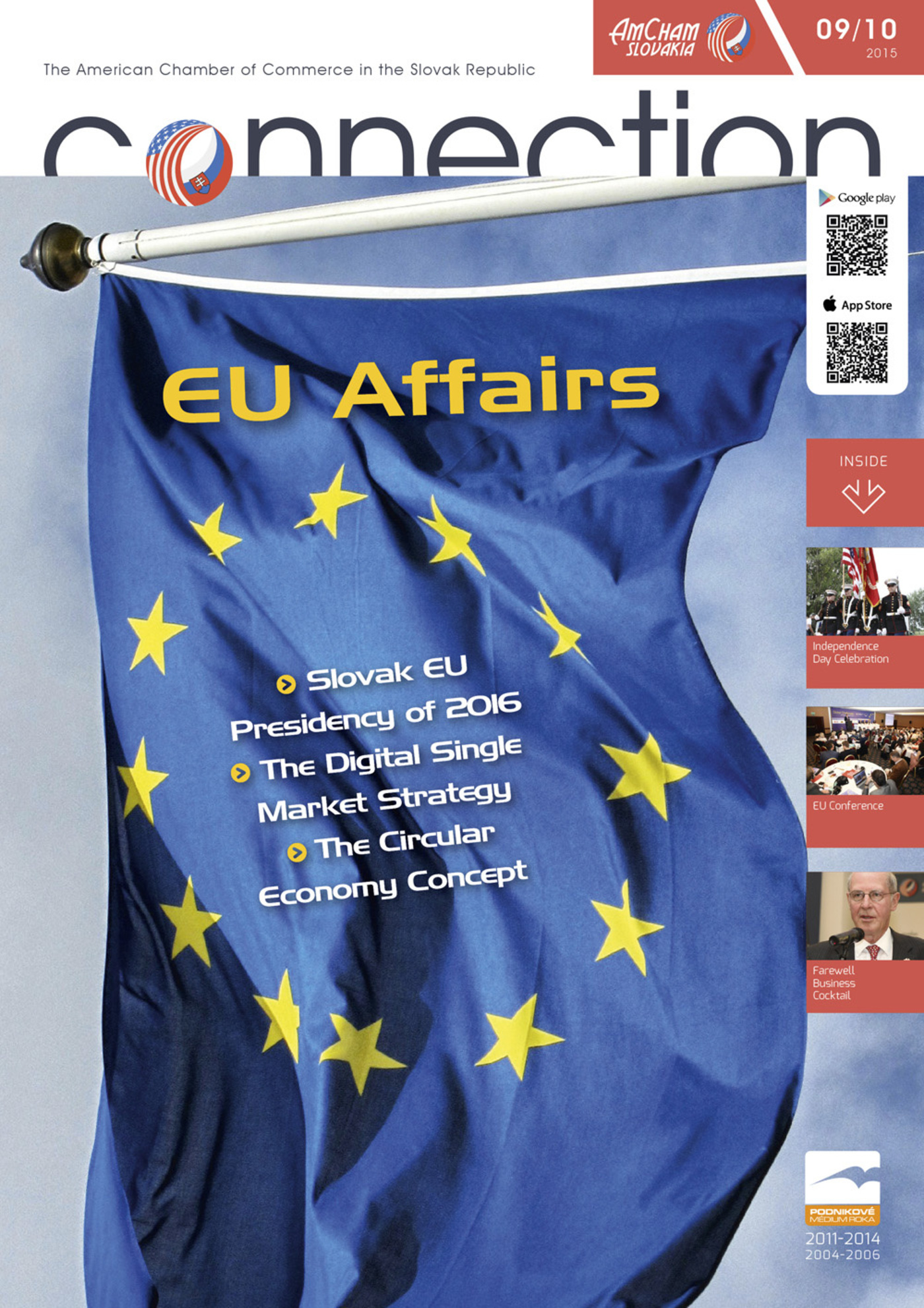In less than a year, it will be Slovakia’s turn to sit in the EU’s driving seat and one can be sure that it is a challenge of an unprecedented scale in terms of logistics and management, as well as communication. However, the main question currently is in which direction we want to steer the wheel. The following final months of our preparatory work will be devoted exactly to answering that.
By now, we have identified seven topics that are further discussed domestically in order to set priorities of the Slovak Presidency in the Council of the EU. These include: cohesion policy, employment, the Energy Union, the Digital Single Market, fiscal integration of the Economic and Monetary Union, water and foreign policy with an emphasis on the Eastern Partnership and enlargement. Other Ministries, professionals, MPs, MEPs as well as the wider public are all part of this domestic debate.
Over the coming weeks and months, we are set to intensify communication with the EU institutions as this is a pre-condition for any successful EU Presidency. I want to see an approach as active as possible. Therefore, we have launched an internal audit of EU legislative acts that are likely to land on our Presidency table in the second half of 2016. The aim is to have an excellent overview and then to prioritize.
It is important to set the expectations right, however, as the EU Presidency is no free ticket to change the entire course of the EU or to deal with a country’s own Achilles heels. However, we can invest our energy to those dossiers and their elements that we consider of an utmost importance.
The Energy Union is one of the examples, with Slovakia putting an emphasis on the energy security pillar of this ambitious project. Similarly, we want to focus on the Digital Single Market with a possible special devotion to e-commerce, as removing barriers to electronic trade would be beneficial for both businesses and consumers.
Moreover, Slovakia is set to chair the Council of the EU in the middle of the European Commission’s political cycle. This is traditionally a period of intensive legislative activity. The Multiannual Financial Framework will be on the table, as will be the establishment of the Capital Markets Union. Negotiations on important EU’s bilateral trade agreements will be culminating. In this respect, should the negotiations on the Transatlantic Trade and Investment Partnership (TTIP) continue throughout the Slovak Presidency, we will actively support the work on this major transatlantic agreement.
Apart from political and technocratic part of the Presidency, we believe the next year should be used as a platform to engage with the public on European issues and Slovakia’s role in the EU. We want the public to participate as actively as possible and we are ready to engage the public and communicate dynamically in order to explain EU policies and activities and show how close we are to the EU political decision making that directly impacts our country, our lives.
All in all, the role of the Presidency is a prestigious matter for both small and larger countries. It is an enormous opportunity and we see it as something relevant for the entire country. Therefore, we are keen to build a feeling of collective ownership around it.
Ivan Korčok, State Secretary of the Ministry of Foreign and European Affairs of the Slovak Republic, Plenipotentiary of the Government for the Slovak Presidency in the Council of the EU



Follow us